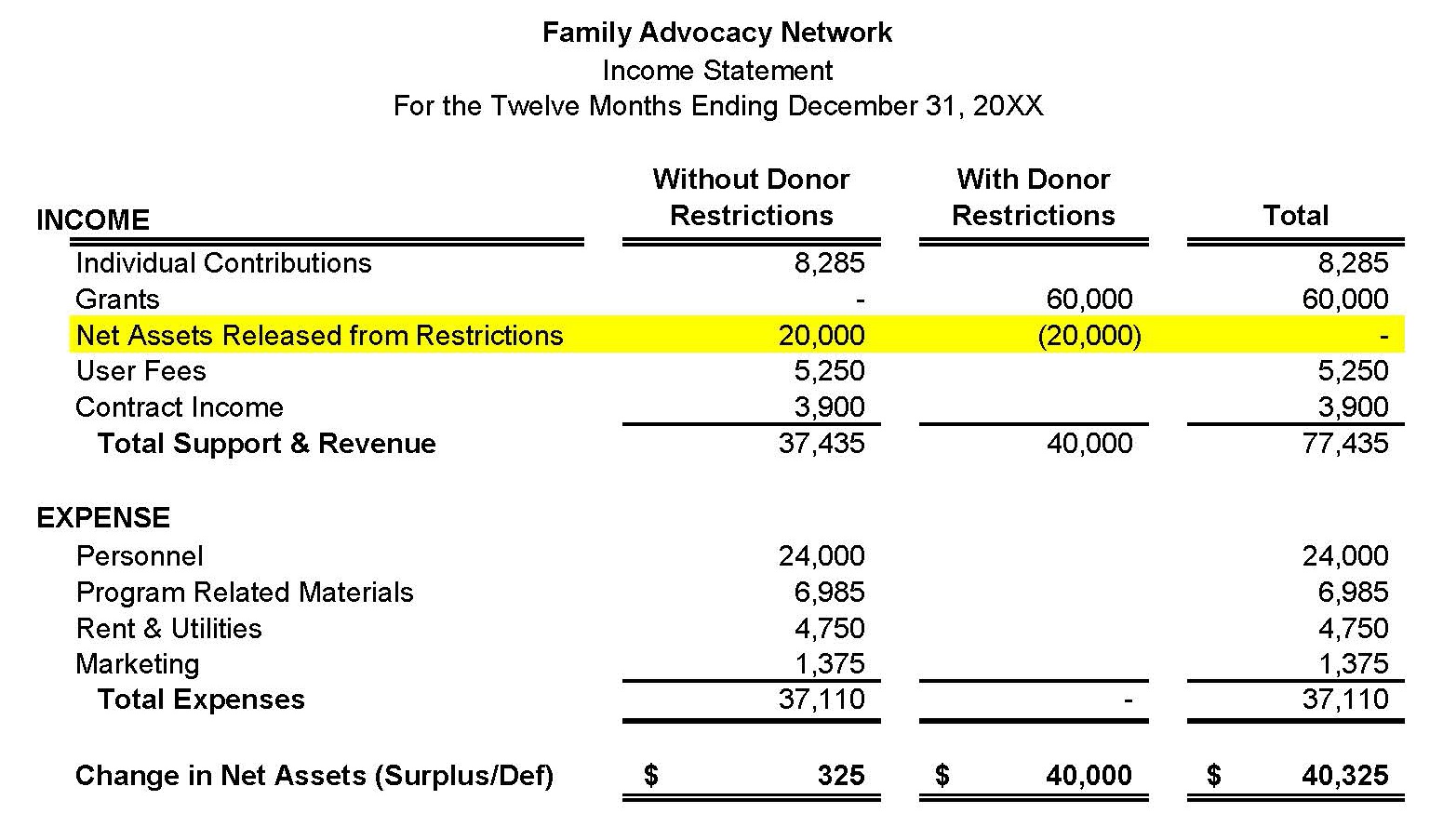

Finance
Megamerger Definition
Published: December 24, 2023
Learn about the definition of megamerger in the finance industry and how it impacts businesses. Discover the key elements and benefits of these large-scale mergers.
(Many of the links in this article redirect to a specific reviewed product. Your purchase of these products through affiliate links helps to generate commission for LiveWell, at no extra cost. Learn more)
The Megamerger Definition: What You Need to Know About Large-Scale Finance Deals
Finance is an ever-evolving field, and one term that has gained significant attention in recent years is the megamerger. But what exactly is a megamerger? In this blog post, we will delve into the megamerger definition, explore why they happen, and discuss the impact they can have on the companies and the market.
Key Takeaways:
- A megamerger refers to a large-scale merger or acquisition between two or more companies, typically involving billions of dollars.
- These deals often occur due to strategic reasons, such as gaining market share, diversifying products, or eliminating competition.
At its core, a megamerger is a significant corporate finance event. It involves the consolidation of two or more companies into a single entity, making it larger and potentially more powerful in the market. Megamergers are typically high-value deals, involving substantial financial resources and attracting attention not only from industry insiders but also from the general public.
Now, you might wonder why companies engage in these massive transactions. Here are a couple of reasons:
Strategic Gains:
Companies pursue megamergers for various strategic reasons. Some common motives include:
- Market Share Expansion: By merging with a competitor, a company can increase its market share and gain a competitive edge. This can often lead to increased profits and improved positioning in the industry.
- Product Diversification: Megamergers offer companies the opportunity to expand their product or service offerings. By diversifying their portfolio, companies can tap into new markets and cater to a wider customer base.
- Economies of Scale: Combining forces can result in cost savings through economies of scale. By merging operations and streamlining processes, companies can achieve greater efficiency, reduce expenses, and improve profitability.
The Impact:
Megamergers can have a significant impact not only on the companies involved but also on the broader market. Here are a few effects commonly associated with these large-scale deals:
- Industry Consolidation: Megamergers can lead to industry consolidation, reducing the number of major players in a specific sector. This can alter the competitive landscape, potentially affecting pricing, product availability, and customer choice.
- Job Redundancies: Consolidating operations often results in redundancies, leading to job losses. While companies may argue that this streamlining is necessary for long-term growth, it can create uncertainty and anxiety for the workforce.
- Market Reaction: The announcement of a megamerger can cause ripples in the stock market, with the stock prices of the involved companies potentially experiencing significant fluctuations. Investors closely monitor these deals, aiming to capitalize on market movements.
In conclusion, megamergers are major financial transactions that can shape the business landscape. Understanding the megamerger definition and their impact can provide insights into the motivations behind these deals and the potential consequences they may have.
As finance continues to evolve, megamergers will likely remain a topic of interest. Stay informed about these significant events to navigate the ever-changing financial landscape successfully.














